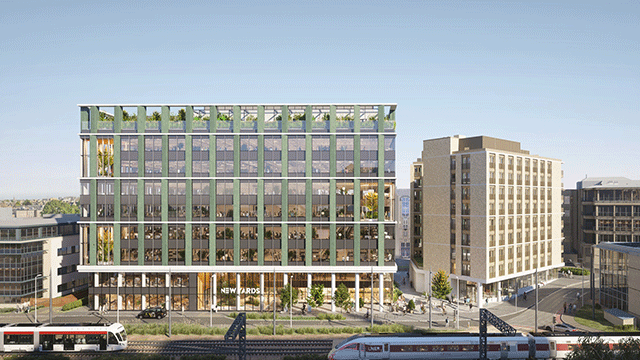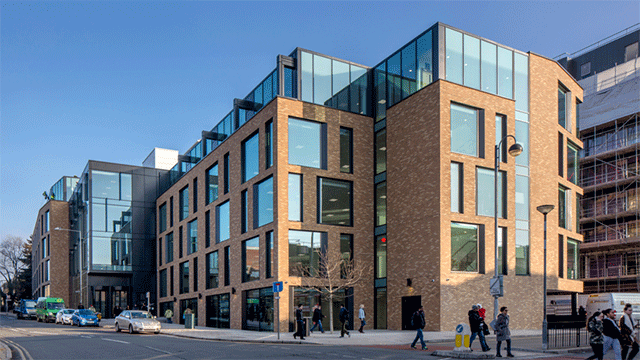Values will plunge until the spring, level out, and then rise gently, leaving them just about where they are now by December. That was the best guess (p43) given to an information-hungry audience of 650 attending the Investment Property Databank presentation of the 2007 results on Thursday.
That presentation showed values rose until late last summer, before plunging so far and so fast that gains made before the holidays were wiped out by the small Q3 fall and the 7.6% plunge in total returns in Q4 – a three-month fall unmatched even in the early 1990s recession.
This dive has been accompanied by soaring uncertainty. Hence an audience about twice the normal size for an IPD annual presentation. On the basis that this hunger for information is shared more widely, it is perhaps worth devoting more space than normal to the 90-minute proceedings held in Congress House, a hall in Bloomsbury which normally echoes to the cries of trade union leaders from the adjoining TUC headquarters.
Not a recession, just a correction…
The most entertaining (and heartening) speaker was Dennis Turner, the chief economist of HSBC. “This is a correction not a crash” was the serious conclusion of grey-haired Turner’s brilliantly funny 20-minute speech. (“When I was a lad we had proper recessions.”) He pointed out that the UK was in its 62nd quarter of consecutive growth – and mentioned the little reported fact that it grew by 0.6% in Q4 2007.
Turner said HSBC was forecasting that interest rates would fall to 4.75-5% by the end of the year, and that the UK economy would grow by 1.5-2% “unless, of course, it doesn’t”, then, only half jokingly, he came up with a reason, unknown to medical science, why it might not: SARS – Severe Acute Recessionary Syndrome – in other words, the highly contagious habit of talking the market down and thus having your worst fears fulfilled.
The wish last autumn that valuers would cut hard and fast in order to shorten the pain has been more than fulfilled. If the 8.7% drop in capital values between October and December is repeated (as forecast) this quarter, that will take the fall in six months to nearly 17%.
…but it needs a shift in valuation approach
What became clear in Congress House was that there has been a fundamental shift of attitude among valuers, away from evidence-based calculation, towards gut-feeling. This shift was applauded by Robert Peto, DTZ’s UK chairman, who has campaigned since last autumn for “hard and fast” cutting, not reliant on deal evidence. “Valuing towards sentiment has now become acceptable,” said Peto, who chairs the RICS valuation group. “This is a eureka moment for the profession. The debate about sticking to evidence has now become historical.”
Valuers (and sellers) might like to hear the other fresh and pertinent points made by Peto. “We have to trust the professional judgment of valuers. Sentiment affects the market value of a property as much as anything. We now have to look at value through the eyes of the purchaser, rather than the seller. Don’t take too much notice of the property derivatives market either. We have to have the courage to make our own decisions.”
The audience streamed out into Bloomsbury a little encouraged – and slightly wiser – about a world uncomfortably unfamiliar to anyone under 35, and, until now, forgotten by many over that age.










